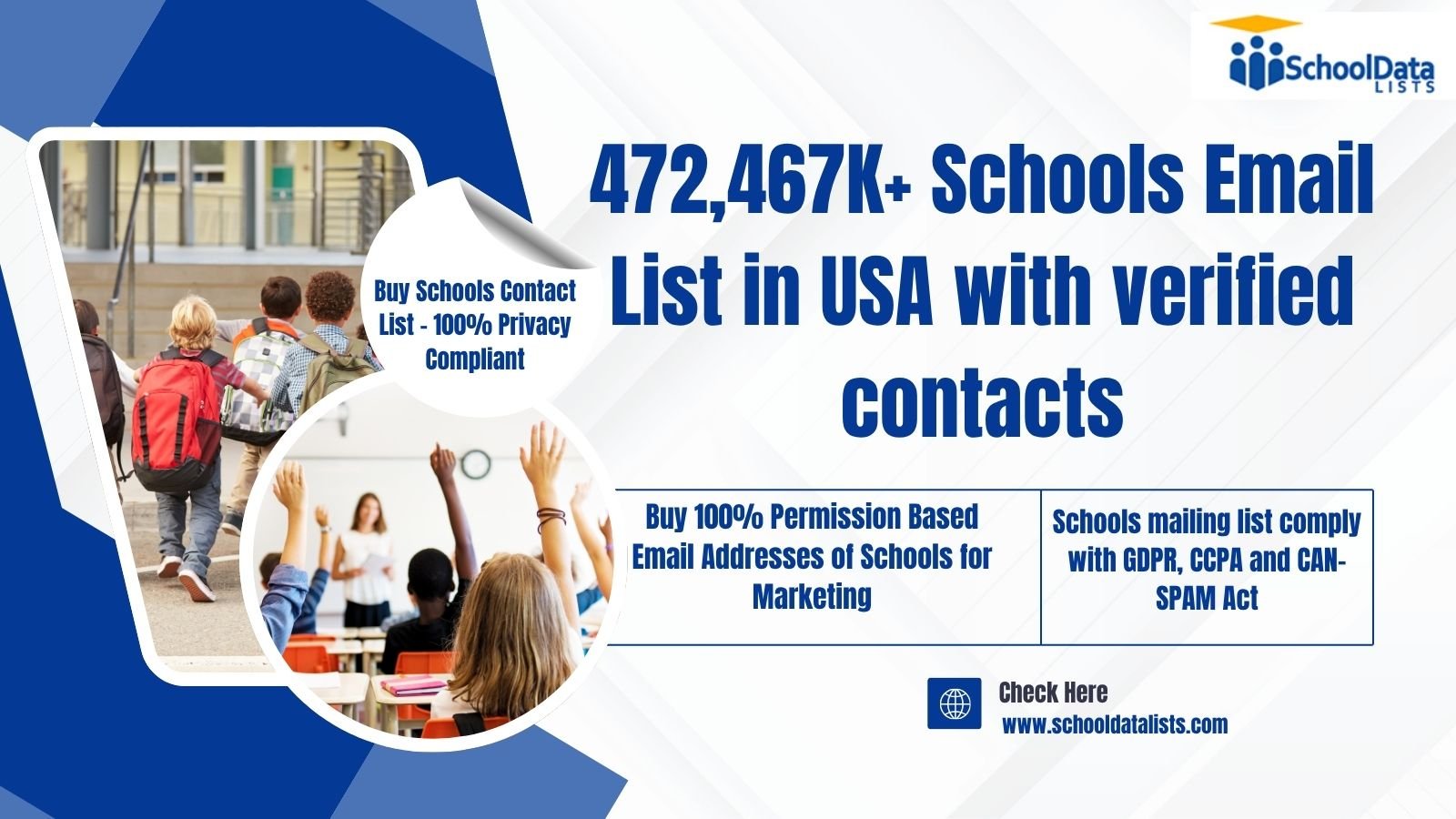I. Introduction
A. Definition of ISO 22000 Certification
ISO 22000 is an international standard for food safety management systems. It ensures that food products are safe for consumption and meet regulatory requirements. The standard integrates principles of the Hazard Analysis and Critical Control Points (HACCP) system and outlines procedures to control food safety hazards.
B. Importance of ISO 22000 in Colombia
In Colombia, ISO 22000 Certification is crucial for ensuring the safety and quality of food products. It helps businesses comply with local and international food safety regulations, enhancing their marketability and consumer trust. Given the country’s diverse food industry, this certification is vital for maintaining high standards.
C. Overview of the Blog Content
This blog will explore the significance of ISO 22000 Certification in Colombia. We will cover the basics of ISO 22000, its benefits, the certification process, and challenges faced by businesses. Additionally, we will discuss best practices for achieving certification and the impact of ISO 22000 on the Colombian food industry.
II. Understanding ISO 22000 Certification
A. What is ISO 22000?
ISO 22000 is a comprehensive standard that specifies requirements for a food safety management system. It is designed to ensure food safety along the entire supply chain, from farm to fork. The standard combines key elements of food safety management, including interactive communication, system management, and prerequisite programs.
B. History and Development of ISO 22000
The ISO 22000 standard was first published in 2005 by the International Organization for Standardization (ISO). It was developed in response to the growing need for a globally recognized food safety management system. The standard has undergone revisions to keep up with evolving food safety practices and regulations, with the latest version published in 2018.
C. Scope of ISO 22000
ISO 22000 applies to all organizations involved in the food supply chain, regardless of size or complexity. This includes primary producers, processors, manufacturers, retailers, and service providers. The standard sets out criteria for identifying and controlling food safety hazards, ensuring that food products are safe for consumption at all stages.
III. Importance of ISO 22000 Certification
A. Legal Compliance
ISO 22000 Certification helps businesses comply with national and international food safety regulations. In Colombia, this certification is essential for meeting regulatory requirements and avoiding legal penalties. It demonstrates a commitment to food safety, which is critical for gaining consumer trust and maintaining a positive reputation.
B. Enhancing Food Safety and Quality
ISO 22000 Certification ensures that food safety hazards are effectively managed throughout the supply chain. By implementing rigorous food safety management systems, businesses can prevent contamination and improve product quality. This leads to safer food products and reduces the risk of foodborne illnesses.
C. Market Access and Competitiveness
Having ISO 22000 Certification opens up new market opportunities, both locally and internationally. It is often a requirement for doing business with certain clients and entering new markets. Certified businesses can leverage their commitment to food safety as a competitive advantage, attracting more customers and boosting sales.
IV. Key Elements of ISO 22000 Certification
A. Food Safety Management System (FSMS)
A Food Safety Management System (FSMS) is the core of ISO 22000. It involves systematic processes for identifying, evaluating, and controlling food safety hazards. An effective FSMS ensures that all aspects of food safety are managed proactively, leading to consistent production of safe food products.
B. Hazard Analysis and Critical Control Points (HACCP)
HACCP is a systematic approach to identifying and controlling hazards in the food production process. ISO 22000 incorporates HACCP principles, requiring businesses to establish critical control points and monitor them to prevent, eliminate, or reduce food safety hazards to acceptable levels.
C. Prerequisite Programs (PRPs)
Prerequisite Programs (PRPs) are essential conditions and activities necessary for maintaining a hygienic environment throughout the food chain. PRPs include cleaning and sanitation, pest control, personal hygiene, and facility maintenance. ISO 22000 requires businesses to implement and manage effective PRPs as part of their FSMS.
V. The ISO 22000 Certification Process
A. Initial Assessment and Gap Analysis
The first step in achieving ISO 22000 Certification is conducting an initial assessment and gap analysis. This involves evaluating the current food safety management practices and identifying areas that need improvement to meet ISO 22000 standards. A thorough gap analysis helps businesses understand the necessary changes and develop an action plan.
B. Implementation of Food Safety Management System
After the gap analysis, businesses must implement the required changes to their food safety management system. This includes establishing and documenting procedures, training employees, and ensuring that all processes align with ISO 22000 requirements. Effective implementation is crucial for achieving and maintaining certification.
C. Certification Audit and Continuous Improvement
Once the FSMS is implemented, an external certification body conducts an audit to verify compliance with ISO 22000 standards. The audit involves reviewing documentation, inspecting facilities, and interviewing staff. After certification, businesses must engage in continuous improvement by regularly reviewing and updating their FSMS to maintain compliance and address any emerging food safety issues.
VI. Common Challenges in Achieving ISO 22000 Certification
A. Understanding and Interpreting Standards
One of the main challenges businesses face is understanding and interpreting the complex requirements of ISO 22000. The standard encompasses various technical and procedural aspects, which can be difficult to comprehend without expert guidance. Misinterpretation of requirements can lead to non-compliance and certification delays.
B. Resource Allocation
Achieving ISO 22000 Certification requires significant investment in terms of time, money, and personnel. Small and medium-sized enterprises may struggle with resource allocation, as they need to balance certification efforts with ongoing business operations. Proper planning and budgeting are essential to overcome this challenge.
C. Maintaining Continuous Compliance
Maintaining ISO 22000 Certification involves continuous monitoring and updating of the FSMS. Businesses must stay informed about changes in food safety regulations and standards, and adapt their processes accordingly. This ongoing effort can be challenging, especially for companies operating in dynamic and fast-paced environments.
VII. Best Practices for Successful ISO 22000 Certification
A. Top Management Commitment
Top management commitment is crucial for the successful implementation of ISO 22000 colombia. Leaders must allocate necessary resources, support the certification process, and foster a culture of food safety within the organization. Their involvement ensures that food safety objectives are prioritized and achieved.
B. Employee Training and Engagement
Employee training and engagement are vital for effective implementation of ISO 22000. Regular training sessions help employees understand their roles and responsibilities in maintaining food safety. Engaged employees are more likely to adhere to food safety practices and contribute to the continuous improvement of the FSMS.
C. Regular Internal Audits and Reviews
Conducting regular internal audits and reviews helps businesses identify areas for improvement and ensure ongoing compliance with ISO 22000 standards. These audits provide valuable insights into the effectiveness of the FSMS and highlight potential risks. Regular reviews ensure that the system remains up-to-date and effective.
VIII. Benefits of ISO 22000 Certification
A. Improved Food Safety and Quality
ISO 22000 Certification leads to significant improvements in food safety and quality. By implementing robust food safety management systems, businesses can identify and control hazards more effectively. This results in safer food products, reduced risk of contamination, and higher consumer confidence in the brand.
B. Enhanced Market Opportunities
ISO 22000 Certification can open up new market opportunities for businesses. Many clients and partners prefer to work with certified suppliers who demonstrate a commitment to food safety. Certification also facilitates access to international markets, as ISO 22000 is recognized and respected globally.
C. Increased Operational Efficiency
Implementing ISO 22000 standards often leads to increased operational efficiency. The systematic approach to food safety management helps streamline processes, reduce waste, and improve resource utilization. This can result in cost savings, better product consistency, and overall enhanced business performance.
IX. Conclusion
A. Recap of the Importance and Benefits of ISO 22000 Certification
ISO 22000 Certification is essential for ensuring food safety and quality, complying with regulations, and gaining a competitive edge in the market. It provides a structured framework for managing food safety hazards and achieving continuous improvement.
B. Encouragement for Colombian Businesses to Pursue ISO 22000 Certification
Colombian businesses should consider pursuing ISO 22000 Certification to enhance their marketability, meet regulatory requirements, and improve food safety standards. The certification process, though challenging, offers significant long-term benefits for businesses and consumers alike.
C. Final Thoughts on Maintaining Food Safety Standards
Maintaining ISO 22000 Certification requires ongoing commitment and effort. Businesses must continuously monitor and update their food safety management systems to address emerging risks and stay compliant with changing regulations. By prioritizing food safety, companies can build a strong reputation and ensure the trust and safety of their consumers.












Leave a Reply